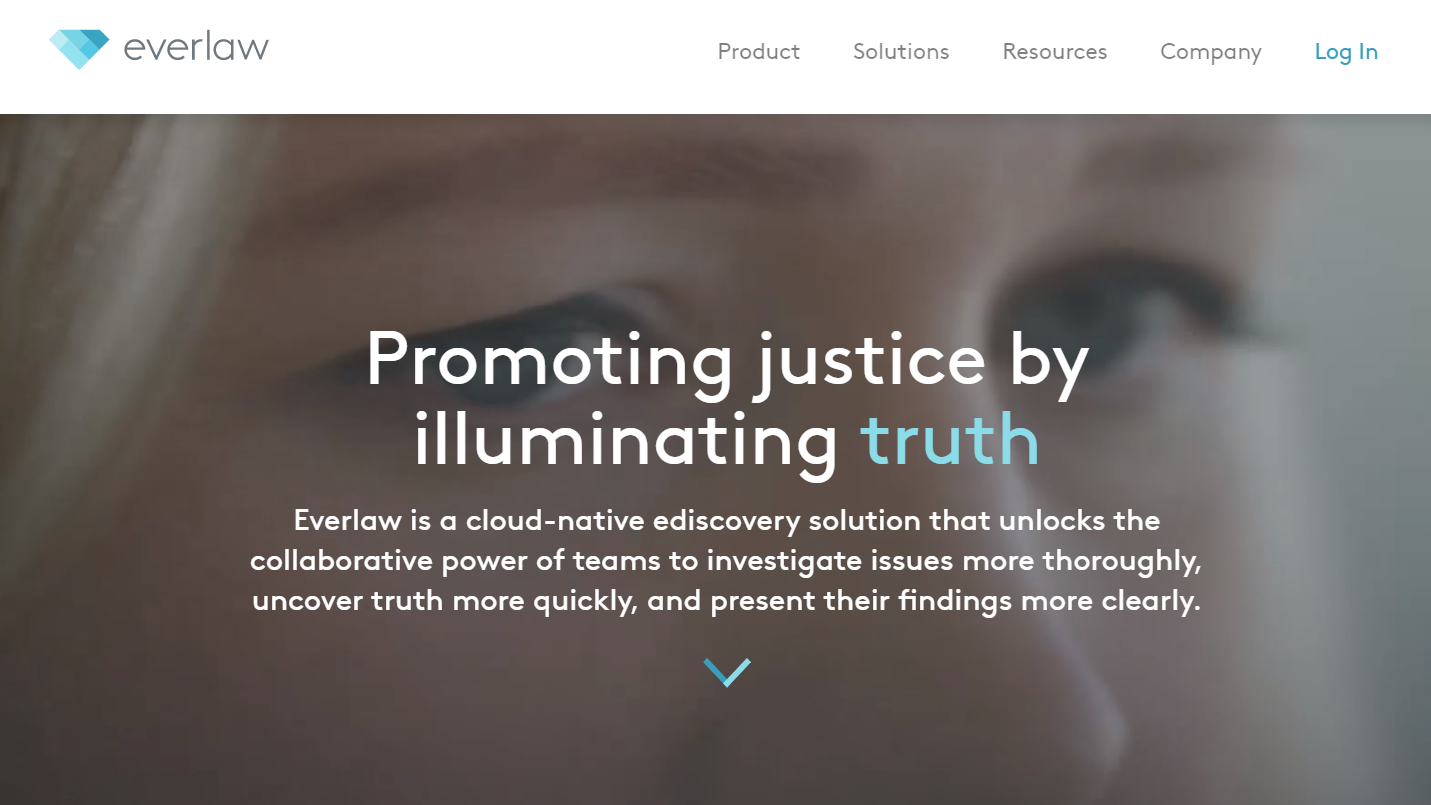In writing a year ago about the e-discovery company Everlaw, I noted that it had attracted the interest of some big-name Silicon Valley venture capital firms, having raised nearly $35 million over three years, including being the first legal technology company to receive an investment from Andreessen Horowitz, a firm known for backing a wide-ranging portfolio of successful companies such as Facebook, Twitter, Airbnb, Box and Slack.
Today, Everlaw further proved that point, announcing that it has secured a $62 million Series C funding, bringing its total funding to $96.6 million.
This latest round was co-led by CapitalG, the independent growth fund of Alphabet Inc., Google’s parent company, and existing investor Menlo Ventures, one of the earliest Silicon Valley venture firms with a portfolio that includes Uber, Roku, and Warby Parker.
Existing investors Andreessen Horowitz and K9 Ventures also participated.
Last April, for my LawNext podcast, I interviewed Everlaw’s founder and CEO AJ Shankar, who was a computer scientist with a doctorate from the University of California, Berkeley, when he founded the company in 2011 as one of the earliest cloud-based e-discovery platforms.
In a crowded e-discovery market, he told me then, he believes that Everlaw stands out for its intuitive user interface, split-second speed, and range of features that span the e-discovery process from data uploads to trial preparation.
“I started Everlaw nine years ago to bring state of the art technology to lawyers who needed an easier way to comb through the mountains of documents, emails, chat messages and other types of data in search of critical pieces of information,” Shankar said in a statement today. “We’re creating the modern digital fabric that underpins the discovery process and offering legal teams new ways to communicate and collaborate.”
The company also announced today that it has received a FedRAMP Authority to Operate for the U.S. Department of Justice, which it says makes it the only cloud-native e-discovery provider to achieve that assessment and which opens the door to the DOJ’s use of Everlaw.
 Robert Ambrogi Blog
Robert Ambrogi Blog